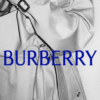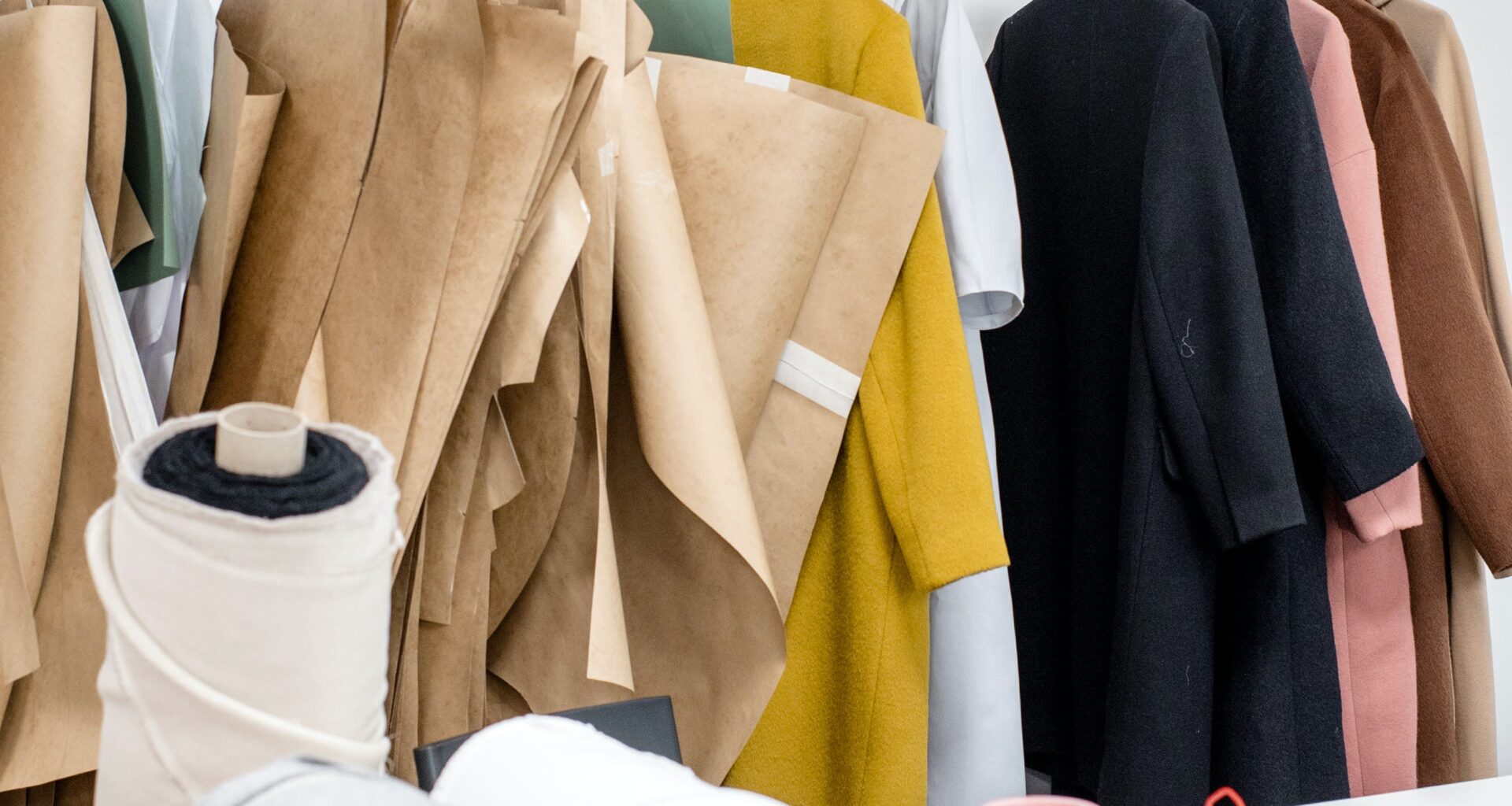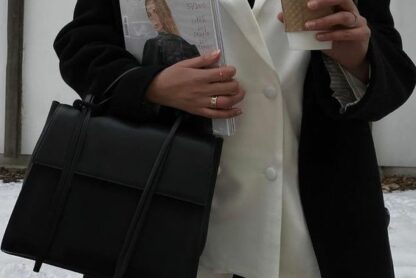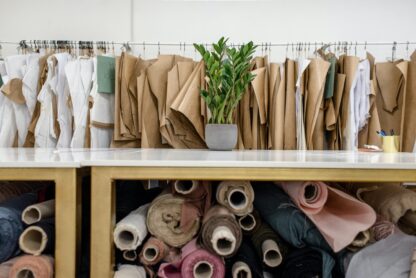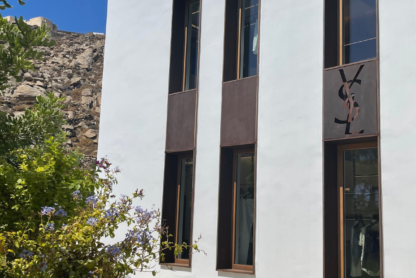Having been a fashion career advisor for years, I realized that there is one common problem between aspiring fashion professionals that prevents them from getting a job in fashion.
Many are convinced that the solution to the job applications is getting (another) fashion degree or a master’s. But this is not exactly true.
Going to a fashion school because you believe they will put you in contact with the right companies and secure you a job when you’ve finished your course is not the right reason to pursue a fashion degree.
What A Fashion School Won’t Teach You (To Land A Job In Fashion)
A fashion school does one primary thing: teach you fashion according to the course you’ve chosen. These course include fashion design, fashion marketing, fashion styling…
But what about the practical part of how to enter the industry?
I know the expectations are high when you invest in a fashion institute especially because the price of fashion education is really expensive. I know because I’ve been there. You enroll in a fashion school expecting it to do the work for you. Also, you expect that it’ll help you secure an internship or job in fashion. But it doesn’t work exactly like that. As much as some schools organize career days and teach you the basics of how to build a CV, I experienced on my skin when I was pursuing a master’s in luxury and fashion management that these strategies are still too basic to be able to stand out in this industry.
You still have to do a lot of work from your side to find a place in fashion. Indeed, I went beyond the typical advice I received from my professors at my master’s in luxury and fashion management to secure my first internship in fashion. If I were following their advice only, I’d probably have waited much longer to break into fashion.
And it wasn’t my school only.
As a fashion mentor today, I teach many fashion students and graduates how to break into fashion. They all admit that they end up enrolling in my Break into the Fashion Industry course because it fills the gap. Also, it completes the application part that a fashion school is often missing.
Furthermore, it’s important to realize that knowing about fashion alone doesn’t make you automatically more qualified. If then you go wrong with your application, your resume, your cover letter, your portfolio, etc. and you are not able to present yourself effectively to companies.
Yes, learning about fashion is important. I think you should keep studying it every single day even after you graduate. However, are you also investing in learning how to apply for jobs/internships in fashion?
When you get to the job application stage, you are competing with 500 people on average who like you, have a (fashion) degree and maybe some experience. Indeed, more and more people have access to a fashion education today compared to the past. So, you can no longer stand out with a degree. So how can the recruiter choose from a giant pool of applicants with a similar background the ONE – the perfect candidate who will be right for the job?
It’s no longer enough to have a prestigious fashion school on your resume to get a job easily.
What can help you get a job in fashion?
“So Giada, what can help me land a job in fashion then?” you must be wondering now.
Well, there are several things.
1. Invest in learning how to apply for jobs and internships in fashion
Whether you are studying fashion, considering pursuing a fashion degree, or have a traditional degree and you want to go into fashion, you should learn how to effectively apply for jobs and internships in fashion. This means learning how to email companies and how to build a resume and a cover letter. It also includes how to structure your portfolio, how to use LinkedIn, and how to network in fashion.
Understanding how to apply for fashion positions is just as vital as grasping fashion’s history, design, and marketing aspects. After all, your extensive knowledge of fashion will only truly pay off when you can secure a job.
Many aspiring fashion professionals struggle to break into the industry due to a gap in their application strategies. These strategies are the keys to landing a fashion job or internship. It also helps complete the circle of your fashion education and making your investments worthwhile.
While some may believe that crafting a resume is a simple task, the fashion industry has its unique hiring codes. Learning these codes is as essential as dedicating time to studying the history of fashion. Without this knowledge, you may find yourself continuously applying for positions without the desired results, leading to long-term frustration.
If you want to learn how to apply for fashion jobs and internships I teach everything in my online course Break into the Fashion Industry.
2. Learn Excel
Another thing that no one told me about working in fashion when I was just starting out, but that is super necessary for any role in fashion is that you have to know Excel. 10 years ago, I broke into the fashion industry with an eCommerce internship at Alexander McQueen thanks to Excel.
When I applied, my unconventional strategies (I teach them inside the Break into the Fashion Industry course mentioned above) worked to get me the first interview. And then I was called for the second step of the job interview. I was told it would be very similar to the first one so generic about who I was. I still had no experience so I had very few stories to tell. However, with other people from the team and a recruiter. But when I went there that morning, the recruiters put me in front of a laptop with an Excel sheet open in front of me. It has a database and they asked me to calculate the sell-through and other things. I didn’t expect to have this Excel test as they didn’t mention it in the call.
If I didn’t know how to use Excel I would have never had my start at Alexander McQueen.
As soon as I entered the industry, I realized Excel is the most common skill shared by 90% of fashion jobs. Indeed, everyone in fashion uses Excel – from the fashion intern to the CEO. And while it’s essential for analytical roles such as buyers or merchandisers, it’s also used and requested in all the other roles. It’s even used in the most creative ones – such as stylists, and even designers. It is an incredibly powerful tool that can help you stay organized, analyze data, and make informed decisions. Once you learn how to use it, Excel will be like your best friend to help you do your job better. Learning it can be fun and fast, by the way!
And since Excel is the most requested skill to work in fashion, you can expect to be assessed on it during a job interview, so I encourage you to learn it.
If you want to learn it applied to the fashion industry directly so it can be fun, easy to learn, and fashionable, I collected all my Excel knowledge after having worked at Alexander McQueen, Kering, and Yoox-Net-A-Porter in my course Excel for fashion which is the first and only Excel course tailored to the fashion industry.
Check out the course here. Stay tuned for a special Black Friday promo coming up in the following weeks with a special discount. I also have some exclusive bonus content. Join the waitlist to be the first to know when the offer is on.
3. Take online courses
Another thing that helped me land a job in fashion quickly without previous experience was online courses that I took while studying at university about the fashion industry. When I was doing my job interview at Alexander McQueen, I was surprised that the recruiter didn’t focus on my master’s degree in a fashion. I had spent thousands of euros on it. Instead, she was asking me about the online courses I took during my university years.
I remember she said that nowadays we all have fashion degrees, so this is no longer an exception. Instead, the online courses I took really showed my interest and passion for the industry. As they are not mandatory but a personal choice.
By talking to fashion professionals now, I can see the industry is changing in this direction. Companies want to know you are motivated to learn outside your formal degree. Therefore, my advice to you is to take as many online courses as you can. You’ll grow your potential and develop new skills. I indeed always recommend my students to add the Break into the Fashion Industry course to their resume as well because it shows off their commitment and passion.
You can take short online courses that can teach you about fashion history, writing, Excel, etc. They are a great complementary add-up to formal education and can help people who didn’t study fashion at all, plus they are far less expensive than fashion degrees. They make your resume stand out and can impress recruiters, as it happened with me during my job interview at Alexander McQueen.
I want you to imagine now how you can increase your employability in the eyes of recruiters by mixing all these strategies! Want more tips? I’ve got you covered! I explain them in my FREE masterclass.



